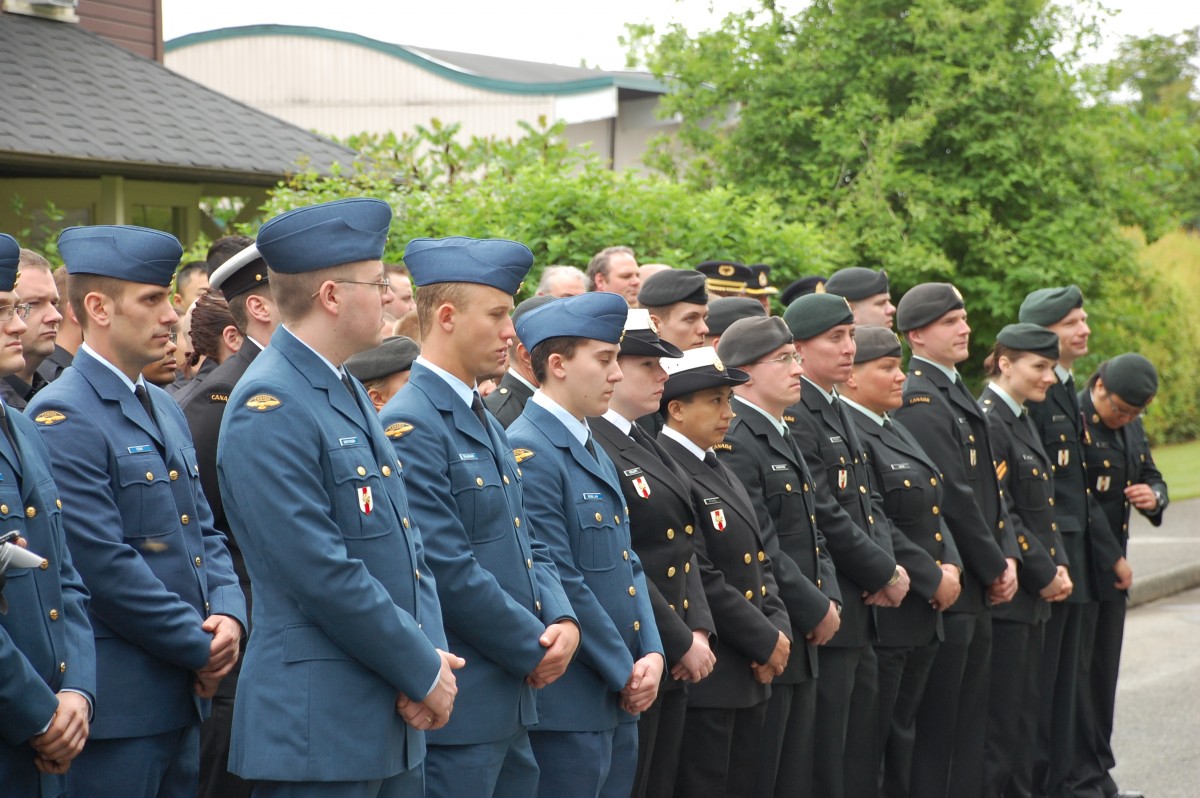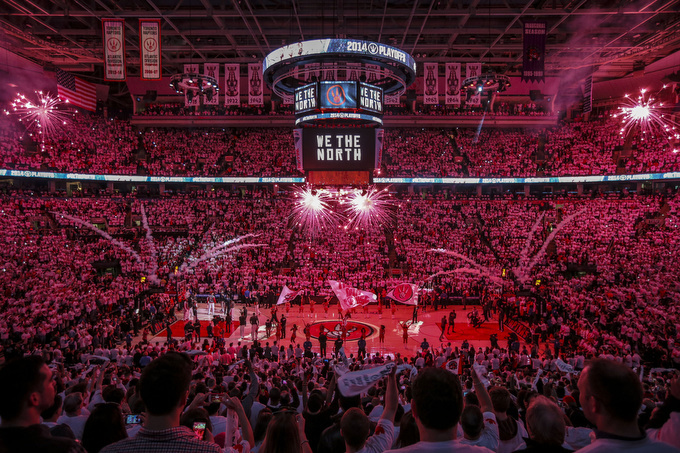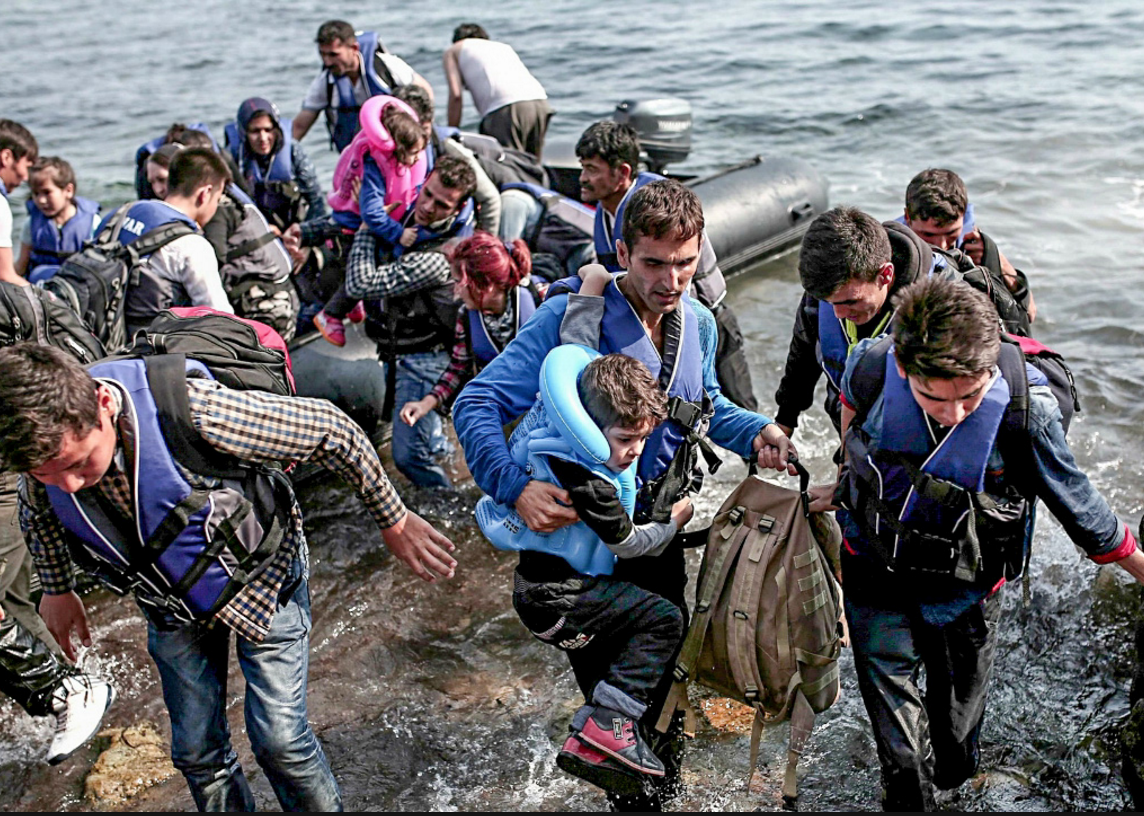The Canadian Forces Primary Reserve looks to be receiving a boost from the Canadian government in its latest “Discover Canada” guide for new Canadian citizens. The guide is available to immigrants online or at the airport and is twice as long as the previous version from 2007. Of particular interest is a section highlighting the Canadian Forces and the nation-building role of the two world wars. This has been promoted much by the government, particularly since Mr. Harper became Prime Minister.
[captionpix align=”left” theme=”elegant” width=”320″ imgsrc=” http://natoassociation.ca/wp-content/uploads/2012/10/2011_06_DND.jpg” captiontext=”Standing up to be counted.”]
Something which is quite new, however, is an apparent emphasis on civic responsibility and an unambiguous invitation to new citizens to join the Canadian Forces, Coast Guard or local fire and police establishments. This is a welcome addition to a guide which was previously front-loaded with explanations of the rights of citizenship but had little enumeration of the attending responsibilities.
The guide describes the part-time reserves of the Army, Navy and Air Force in local communities. The extra step taken in this document is to suggest to new citizens that they themselves can serve in uniform. This can also be seen as an invitation to take up the fullest responsibilities of citizenship, something which few native-born Canadians ever do.
Of course, responsibilities of citizenship can be undertaken through voting, engaging in the political process or the fourth estate or just by being involved in the community. Yet, explicitly inviting immigrants to put their names on the list of those willing to fight and die for their country and its ideals is also an invitation to participate in a fundamental expression of citizenship—one that lies at the foundations of Western Civilization. In explaining the role of the citizen-soldier to new Canadians and inviting them to join up, the Canadian Government is also demystifying what may have previously seemed like a closed and privileged group. Thus, the guide’s explanation amplifies one of the main roles of the Canadian Forces Reserves as a bridge between the military and average Canadians. Canada needs more people involved as active citizens: The implied message of responsibility in the new guide offers a most welcome balance to the many rights of Canadian citizenship.




